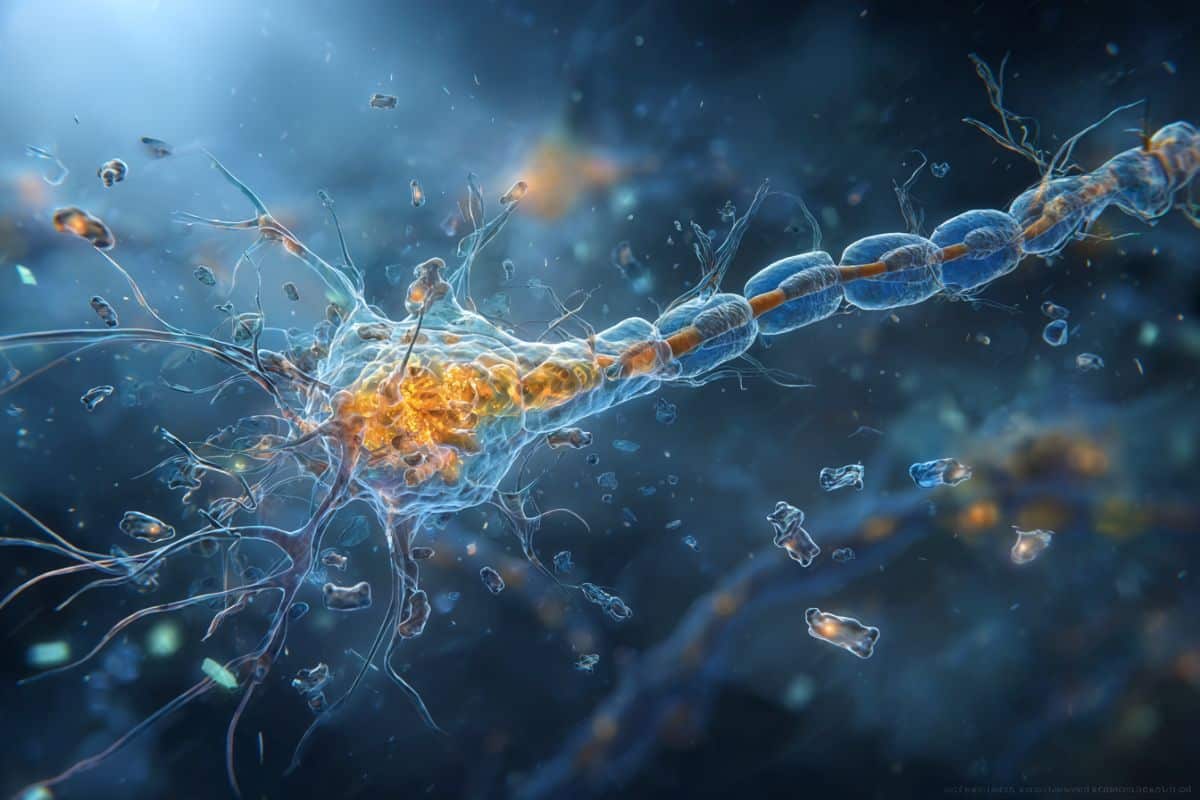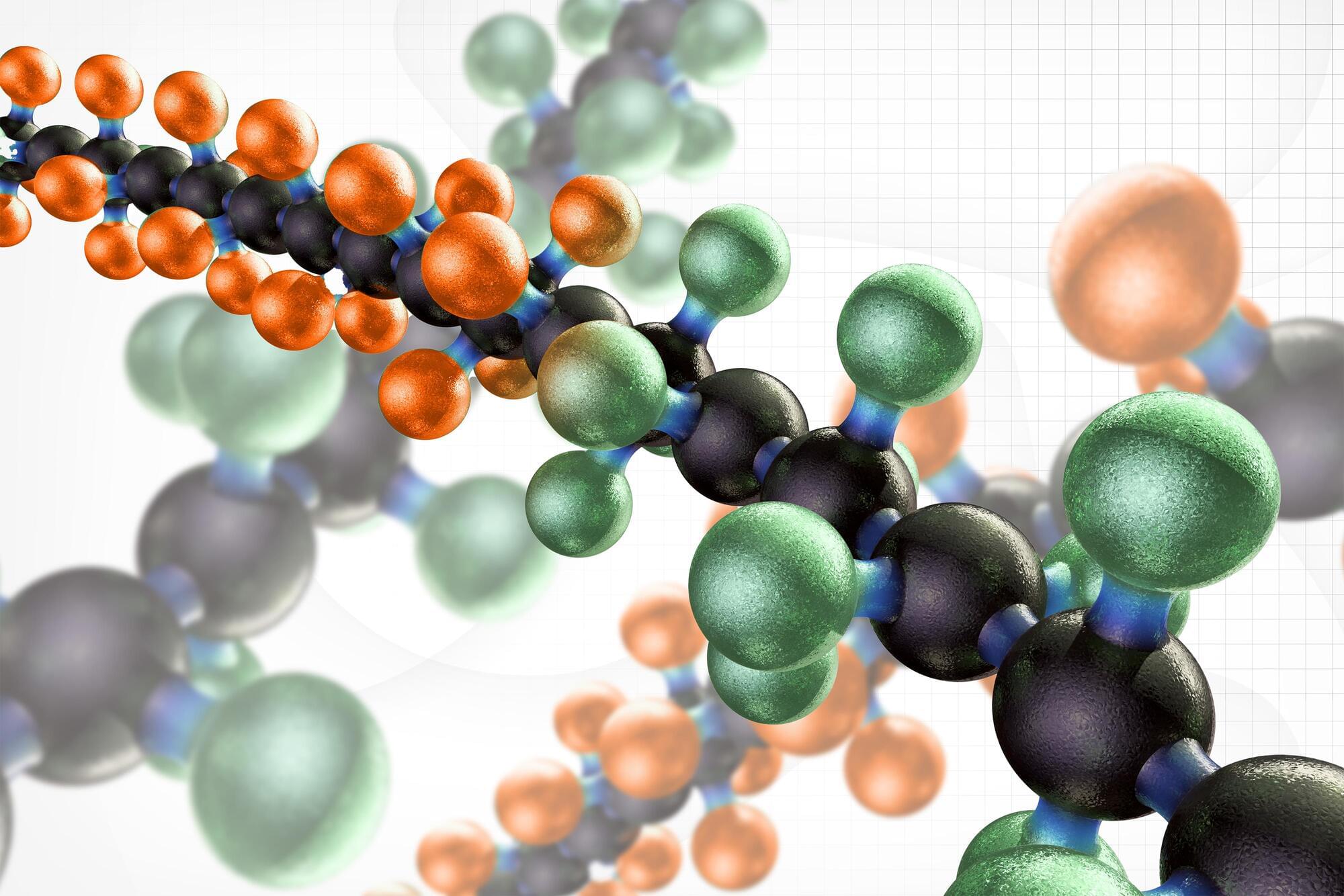Scientists have uncovered a mechanism by which nanoplastics impair brain energy metabolism, offering new clues into environmental contributions to neurodegeneration.



Catalysts play an indispensable role in modern manufacturing. More than 80% of all manufactured products, from pharmaceuticals to plastics, rely on catalytic processes at some stage of production. Transition metals, in particular, stand out as highly effective catalysts because their partially filled d-orbitals allow them to easily exchange electrons with other molecules. This very property, however, makes them challenging to model accurately, requiring precise descriptions of their electronic structure.
Designing efficient transition-metal catalysts that can perform under realistic conditions requires more than a static snapshot of a reaction. Instead, we need to capture the dynamic picture—how molecules move and interact at different temperatures and pressures, where atomic motion fundamentally shapes catalytic performance.
To meet this challenge, the lab of Prof. Laura Gagliardi at the University of Chicago Pritzker School of Molecular Engineering (UChicago PME) and Chemistry Department has developed a powerful new tool that harnesses electronic structure theories and machine learning to simulate transition metal catalytic dynamics with both accuracy and speed.

MIT researchers developed a fully autonomous platform that can identify, mix, and characterize novel polymer blends until it finds the optimal blend. This system could streamline the design of new composite materials for sustainable biocatalysis, better batteries, cheaper solar panels, and safer drug-delivery materials.

Stanford Medicine researchers have developed an artificial intelligence tool to help scientists better plan gene-editing experiments. The technology, CRISPR-GPT, acts as a gene-editing “copilot” supported by AI to help researchers—even those unfamiliar with gene editing—generate designs, analyze data and troubleshoot design flaws.
The model builds on a tool called CRISPR, a powerful gene-editing technology used to edit genomes and develop therapies for genetic diseases. But training on the tool to design an experiment is complicated and time-consuming—even for seasoned scientists. CRISPR-GPT speeds that process along, automating much of the experimental design and refinement. The goal, said Le Cong, Ph.D., assistant professor of pathology and genetics, who led the technology’s development, is to help scientists produce lifesaving drugs faster.
The paper is published in the journal Nature Biomedical Engineering.


Mortality after emergency abdominal surgery is more than three times higher in the least developed countries compared to the most developed. Yet among those who undergo surgery, injuries tend to be less severe—raising concerns that those most critically injured are not even reaching the operating theater.
A study published in The Lancet Global Health has revealed stark global inequalities in survival after emergency abdominal surgery for traumatic injuries. The research found that patients in the world’s least developed countries face a substantially higher risk of dying within 30 days of surgery than those in the most developed nations, as ranked by the United Nations Human Development Index (HDI).
Although overall mortality rates appeared similar across settings at 11%, risk-adjusted analysis showed that patients in the lowest-HDI countries faced more than three times the risk of death compared with those in the highest-HDI group, while the risk in middle-HDI countries was nearly double.

The ability to generate entangled states of light is a key primitive for quantum communication and distributed quantum computation. Continuously driven sources, including those based on spontaneous parametric downconversion, are usually probabilistic, whereas deterministic sources require accurate timing of the control fields. Here, we experimentally generate entangled photonic modes by continuously exciting a quantum emitter — a superconducting qubit — with a coherent drive, taking advantage of mode matching in the time and frequency domain. Using joint quantum state tomography and logarithmic negativity, we show that entanglement is generated between modes extracted from the two sidebands of the resonance fluorescence spectrum. Because the entangled photonic modes are perfectly orthogonal, they can be transferred into distinct quantum memories. Our approach can be utilized to distribute entanglement at a high rate in various physical platforms, with applications in waveguide quantum electrodynamics, distributed quantum computing, and quantum networks.
Yang, J., Strandberg, I., Vivas-Viaña, A. et al. Entanglement of photonic modes from a continuously driven two-level system. npj Quantum Inf 11, 69 (2025). https://doi.org/10.1038/s41534-025-00995-1
Over The Horizon


A web-based vibe coding tool that removes barriers and empowers creators worldwide to develop with artificial intelligence. FOR IMMEDIATE RELEASE — Press Release Is Available On PR Newswire https://www.